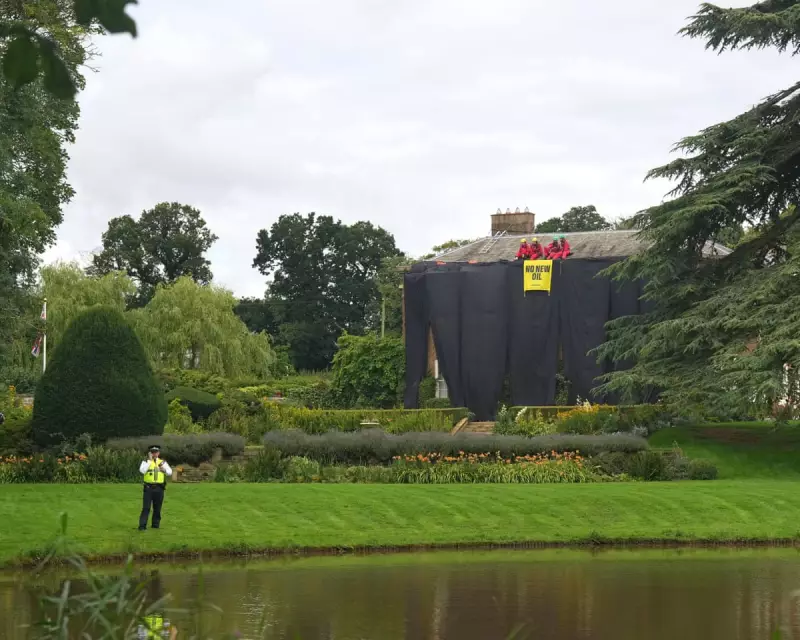
Westminster is facing an unprecedented crisis that strikes at the very heart of British democracy. Public servants and elected officials are operating under a shadow of fear as threats against MPs have escalated to alarming levels.
The New Reality of Political Service
Gone are the days when politicians could engage freely with their constituents. Today, many public servants are looking over their shoulders, implementing security measures that would have been unthinkable just a decade ago. The murder of sitting MPs has transformed from an unimaginable tragedy into a grim reality that shapes daily political life.
When Fear Dictates Policy
This climate of intimidation carries profound consequences for how our democracy functions. When politicians make decisions based on personal safety concerns rather than public interest, the quality of governance inevitably suffers. The very essence of representative democracy—the connection between elected officials and the people they serve—is being systematically eroded.
The Ripple Effect on Public Discourse
The impact extends beyond individual politicians to the broader political conversation. Robust debate, the lifeblood of any healthy democracy, is being replaced by cautious, measured statements designed not to provoke dangerous reactions. This chilling effect threatens to silence important voices and sanitise political discussion to the point of meaninglessness.
A System Under Strain
Security measures have been significantly enhanced, but many question whether they're sufficient. From reinforced constituency offices to personal protection details, the trappings of security are becoming increasingly visible. Yet the psychological toll on public servants and their families represents a cost that cannot be measured in budget allocations.
Finding the Balance
The fundamental challenge lies in protecting those who serve the public without creating an unbridgeable gap between politicians and the electorate. As security barriers go up, the risk increases that MPs become distant figures, isolated from the communities they represent.
The situation demands urgent attention before fear becomes permanently embedded in our political culture, fundamentally altering how Britain is governed for generations to come.






